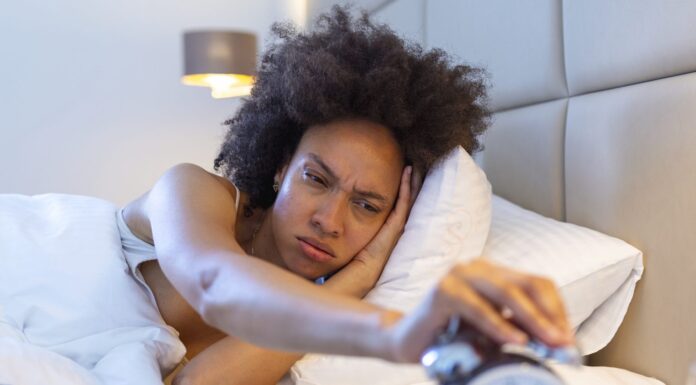As the chronic South African economic impotence deepens, the lucky ones who can even find the first job are forced into side-hustling to keep the wolf from the door.
To keep up with the bills, many are forced to sacrifice sleep, choosing to work until the wee hours of the morning.
But what are the consequences of keeping such a schedule?
Affinity Health CEO Murray Hewlett tells Sunday World that lack of or poor sleep could just be as undesirable as sinking into poverty.
He says in the short term, poor or broken sleep will affect mood, memory, focus and immune function. “Without sleep, you’re more likely to feel irritable and forgetful, make errors, and catch colds or infections. But over the long term, the effects become far more serious.”
But woe unto you if you suffer from chronic sleep deprivation.
“This has been linked to high blood pressure, obesity, type 2 diabetes, depression, cardiovascular disease and a higher risk of stroke and dementia.”
He says sleep is detoxification for the brain, cellular repair, hormone balancing, and
metabolic regulation. “Sleep isn’t a luxury; it’s a biological necessity,” says Hewlett.
He says sleeplessness is associated with a wide range of health problems, both direct and indirect. It affects the production of hormones, particularly related to appetite (ghrelin and leptin), stress (cortisol), and growth/repair.
“Indirectly, poor sleep can increase cravings for high-calorie foods, reduce physical activity and impair judgement, all of which increase the risk of obesity, heart disease, mental health disorders and lifestyle-related illness. Some studies even suggest long-term sleep deprivation may play a role in certain cancers and infertility.
“You may not realise it, but chronic fatigue can gradually erode your long-term health.”
Hold up, that’s too grim; it will drive me to drink. Will a swig of elixir of the gods give me a good eight hours of sleep?
Far from it, says the expert.
“A nightcap may feel relaxing in the moment, but it actually prevents your body from getting the rest it truly needs,” he says.
“While it might help you fall asleep faster, it disrupts sleep quality. Alcohol interferes with REM sleep, the deep, restorative phase your brain needs, leading to lighter, broken sleep. It also increases the likelihood of snoring, sleep apnoea, dehydration and night-time waking. Over time, regular alcohol use to induce sleep can lead to tolerance, dependence, and even worsening insomnia.”
So what is a beneficial alternative? “Build a consistent and calming evening routine. Avoid screens an hour before bed, as blue light can suppress melatonin.”
“Herbal teas like chamomile or rooibos can promote relaxation. A warm bath, lavender oil, or guided meditation may also help prepare your body for sleep. And if sleep remains elusive, speak to a healthcare provider to check for underlying conditions like anxiety, iron deficiency, or hormonal imbalances.”



